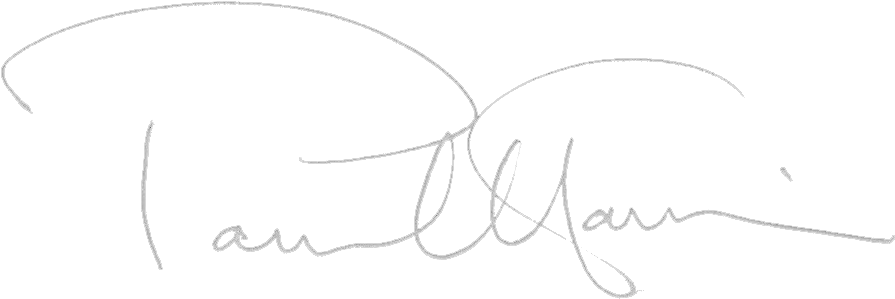In the Summer of 2000 I had the great pleasure of meeting James Gillespie, editor of The Clarinet Journal, during the International Clarinet Association (ICA) convention in Oklahoma. James asked me if I would like to contribute a regular column – an invitation that I found both humbling and daunting! The following ‘Letter from the UK’ was first published in March 2008 in The Clarinet Journal, the official publication of the ICA.
John Davies, my teacher and mentor, was ninety the other day. A small party was organised to celebrate this momentous event and pupils and friends assembled at his daughter’s house in Kew. Karl Leister flew over from Berlin and, together with myself, Duncan Prescott (who plays with the London Sinfonietta) and Linda Merrick (vice-principal of the Royal Northern College of Music), we performed a special ‘Happy Birthday’ piece I had written a little while ago. Karl also gave a wonderful performance of the beautiful Reger Romance. Amelia Freedman, director of the Nash Ensemble and another of John’s illustrious pupils, was also there and entertained us with fascinating behind-the-scenes stories of the Nash and some of its many commissions. It was a memorable evening.
Another clarinet-connected nonagenarian is the composer Arnold Cooke. I’ve just looked through all my Letters from the UK and was surprised to find that I’ve very rarely talked about Cooke. So I’m going to make amends! Cooke died in 2005 at the age of ninety-nine. I’m sure readers know the wonderful (and slightly Hindemithian) Sonata written for Thea King but I wonder whether you also know quite how much other music he contributed to the clarinet repertoire? Do you know, for example, his Trio, Quartet and Quintet? Have you come across his set of songs for voice, clarinet and piano, the Alla Marcia for clarinet & piano, the trio for clarinet, cello and piano, or perhaps his Septet for clarinets? Then there’s a Prelude & Dance for clarinet and piano and his two clarinet concertos? Quite a collection!
I actually had the pleasure of playing the Sonata to Cooke himself. He was an extremely self-effacing man, very shy and quiet. The Alla Marcia was his first clarinet work, written in 1946. It’s a charming little piece lasting less than five minutes and a useful concert item. The First Clarinet Concerto came next. Written in 1955 it was first performed by Gervase de Peyer. The delightful Three Songs of Innocence was composed for the Clarion Trio – the clarinettist was none other than Pamela Weston – who gave the first performance in 1957. If you don’t know these songs (and have a soprano and pianist to hand) waste no time in acquiring a copy! I’ve played the Suite for Three Clarinets (1958) on many occasions. It’s a very effective work in four short movements. Stephen Waters – the clarinettist much associated with Malcolm Arnold’s Wind Quintet – played in the first performance. Thea’s Sonata came next (in 1959). It’s a very playable work, full of very lyrical writing and concluding with a highly energetic tarantella-like dance movement. The Quintet was commissioned by The Lord Mayor of London for the first City of London Festival in 1962. Again it was Gervase who gave the first performance, though sadly now it is rarely played. In three movements and a little over seventeen minutes it a work well worth exploring. In 1965, Cooke wrote a trio for clarinet, cello and piano for the Hilary Robinson Trio (clarinet, Rachel Herbert); the Septet for Clarinets written for the London Clarinet Septet came in 1971, followed by a lively Quartet for Four Clarinets in 1977 (published by Emerson Edition). The short (and highly accessible) Prelude and Dance was commissioned by Jack Brymer for a new collection of teaching pieces published by Weinberger in 1980 and, finally, the Second Clarinet Concerto was written for Stephen Bennett in 1981. And that list doesn’t include various wind chamber works that include the clarinet. It’s an impressive and an important contribution.
My final nonagenarian is Howard Ferguson, whose centenary it is this year. Ferguson died in 1999, aged 91. I’m sure you’ll know his Four Short Pieces – short and charming and each based on a mode rather than a key. But do you know his arrangement of three pieces by Schumann published by Boosey and Hawkes (in 1976) as Three Duos? Karl Leister introduced them to me recently (and they are included on his new CD, Karl Leister plays Robert Schumann). They are absolutely exquisite and should feature in every clarinet recital this year. Here’s to a wonderful summer of discovery!

